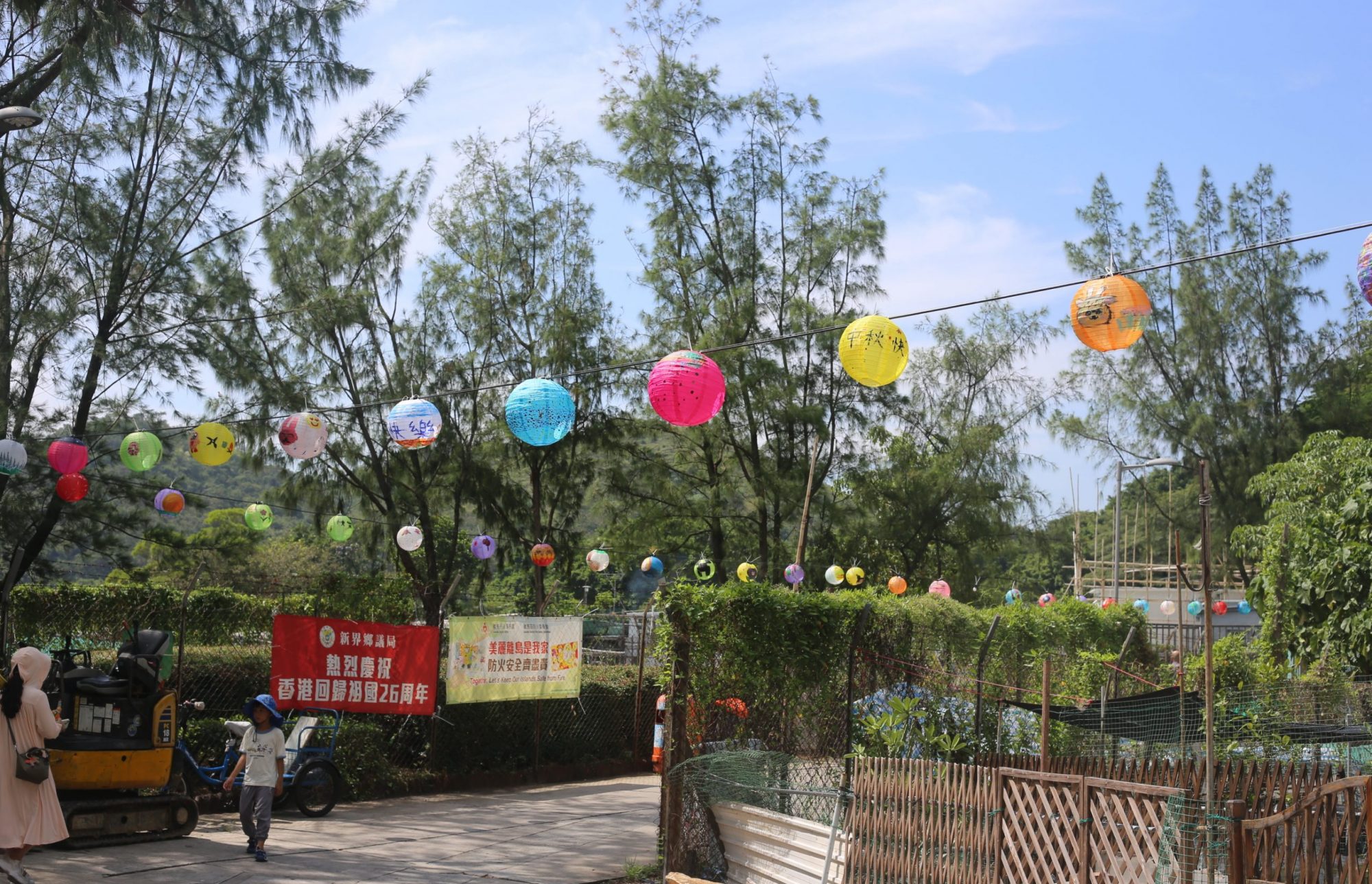by Tome Loulin
This small city—Qianjiang, yet, not a particularly special one, while on the south of the Han river, is in no way like a river town. Though having been living there sporadically for almost ten years, occasionally, I could still somehow feel waves of unfamiliar feelings engulfing the shores on the inside of my heart.
Yet, it’s another summer reaching its culminated phrase in the Northern Hemisphere. It’s the season of passion and ardency, yet, still fleeting in nature. It’s summer and people are tired of not being able to socialize or to live collectively. Young people who used to be studying or working outside of the city now are coming back to the city to work for jobs relating to gig economy. It is seemed suddenly young people who had previously absent from the city have come back for good—there are still people living here planning to work or study in Wuhan or other big cities but this time most people are not going, for there are times they could wait. So they waited and wait.
Mostly abandoned by educated youngsters, the city had looked like a city of the aged and the new born. It’s still full of people walking aimlessly and not a single one seemed much affected by international politics. Yet, parks in the city are filled by retired people, mostly women, dancing and exercising—surely those who dance regularly must have known what is the best way of living. Old ladies cluster together, sitting still to talk about their old love stories or rumors, yet, still some are eager to master the art of mahjong playing, sitting beside mahjong tables in mostly shabby spaces with dim lighting. They don’t mind such conditions as long as they can have something to talk about, to play with and to laugh at.
The sidewalks of the road beside my apartment have been undergoing a gentrification motivated, I guess, by the intention to help people who want works work. Most of those working at this road renovation site are middle aged, mostly men with sunburnt skin. They just work and rarely were seen to talk. Their browned skins are the products of their unawareness of sun protection but how can they care about their skins when they cannot stop caring about how will their next meal come securely.

Days before at an afternoon when I was on the way home, a man middle aged with curled hair at middle-length carrying a plow on one of his shoulders passing me by impressed me when I saw his bitter yet still warm smile on his face. At that moment, though he was no longer seemed young but I still feel his overlooked passion for life. It’s about hope. His hope expressed by his shy smile was at that time as vivid as the sunlight that afternoon.
It was about six past forty when I saw a pair of seniors holding hands stroll through the street through which I go to my grandma’s house. Their movements had been shaky and zigzag yet still as steady as one can be at that age. It was a beautiful yet burningly hot evening. I saw people walking on the street and though it is a small city, I feel being small is also like being on the way to our very origin.

